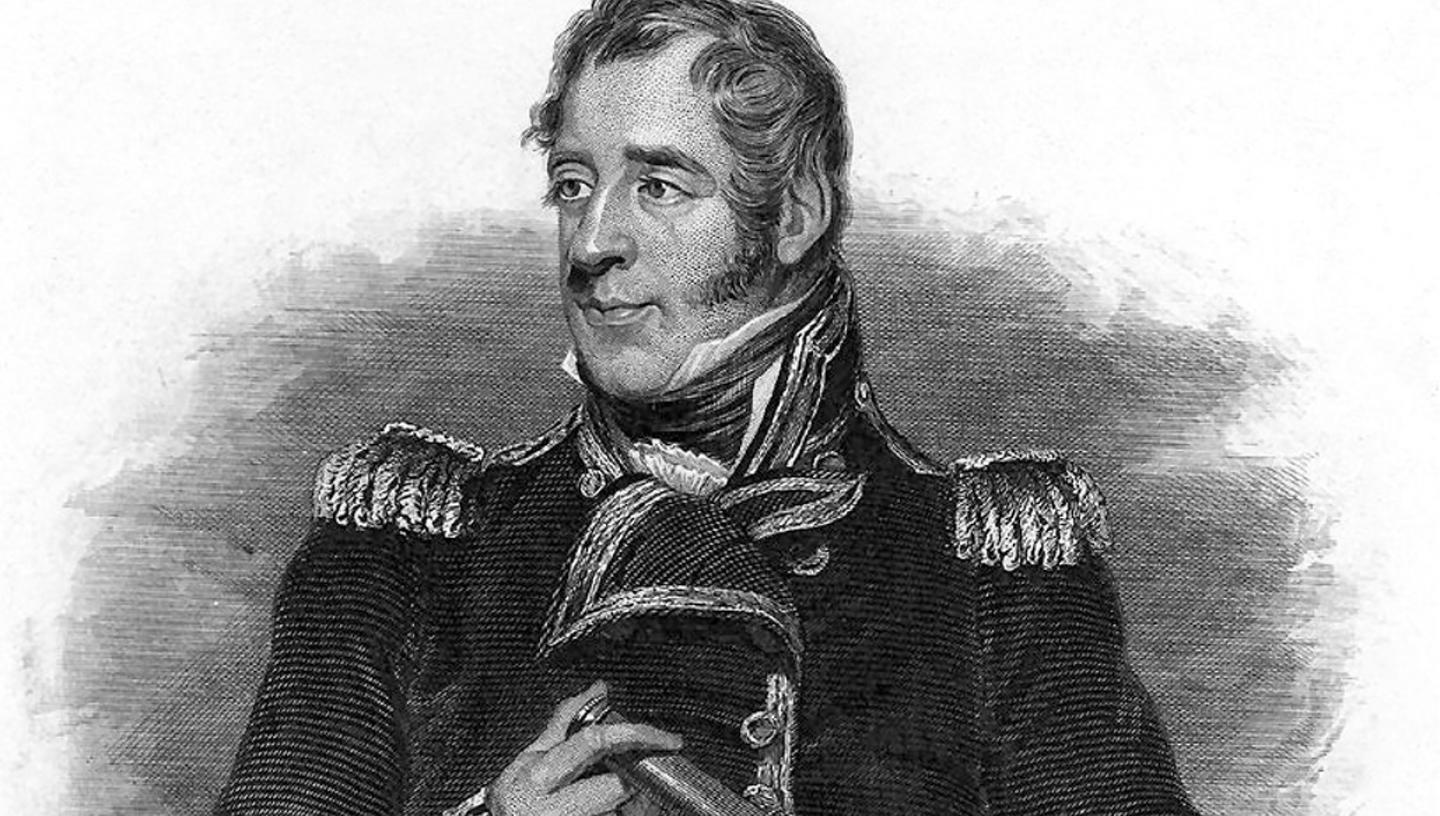
Thomas Cochrane
Royal Navy officer Thomas Cochrane (1775–1860) was a notorious naval officer and the real-life ‘Master and Commander’.
Cochrane, 10th Earl of Dundonald, had one of the most extraordinary and controversial naval careers of the 19th century. The Scotsman entered the Royal Navy as a midshipman in 1793 and was quickly promoted on merit to lieutenant two years later. However, it was during his early appointment as Master and Commander of the sloop HMS Speedy that Cochrane came to fame, fortune and notoriety. He was the inspiration for novelist Patrick O’Brian’s fictitious character Captain Jack Aubrey, played by Russell Crowe in the 2003 film, Master and Commander.
A controversial career
While in command of HM sloop Speedy, Cochrane captured over 50 vessels in the Mediterranean, including El Gamo, a powerful Spanish frigate with twice the firepower of the Speedy and over six times as many men and marines. In his next two commands, the frigates Pallas and Imperieuse, he caused havoc on the French coast and made over £75,000 in prize money from captured shipping.
Battle of Basque Roads
In April 1809, Cochrane led a successful fireship attack on a powerful French squadron anchored in Basque Roads, off Rochefort. In the confusion of the attack, all but two of the French ships were driven hard on shore. However, Cochrane tried to have his superior officer, Lord Gambier, court-martialled for his reluctance to follow up the attack in full. He also opposed a vote of thanks to Gambier in Parliament, which effectively ruined his naval career.
Fraudulent behaviour
With no further naval employment Cochrane returned to his other role, as an MP in the House of Commons, but in 1814 he was convicted of fraud on the stock exchange. Despite Cochrane's protests of innocence, the conviction saw his expulsion from Parliament and the Royal Navy.
Foreign shores
From 1817 to 1827 he fought in the navies of Chile, Brazil and Greece in their wars for independence. Finally, in 1832, Cochrane was reinstated in the Royal Navy in the rank of Admiral. He commanded the West Indies and America station until 1851. In 1854, at the age of 80, he was deeply disappointed not to have been given a command in the Crimean War.
Sailor and innovator
During his career Cochrane always strived to improve the efficiency and effectiveness of the Royal Navy. He invented improvements to gas lighting, convoy lanterns, tubular boilers, steam propulsion and proposed the use of smoke-screens and gas warfare as early as 1812.
Cochrane’s legacy
Cochrane died in 1860 at the age of 85. He is one of Britain's most extraordinary naval heroes and his life is summarized in his own Autobiography of a Seaman, published in the year of his death.